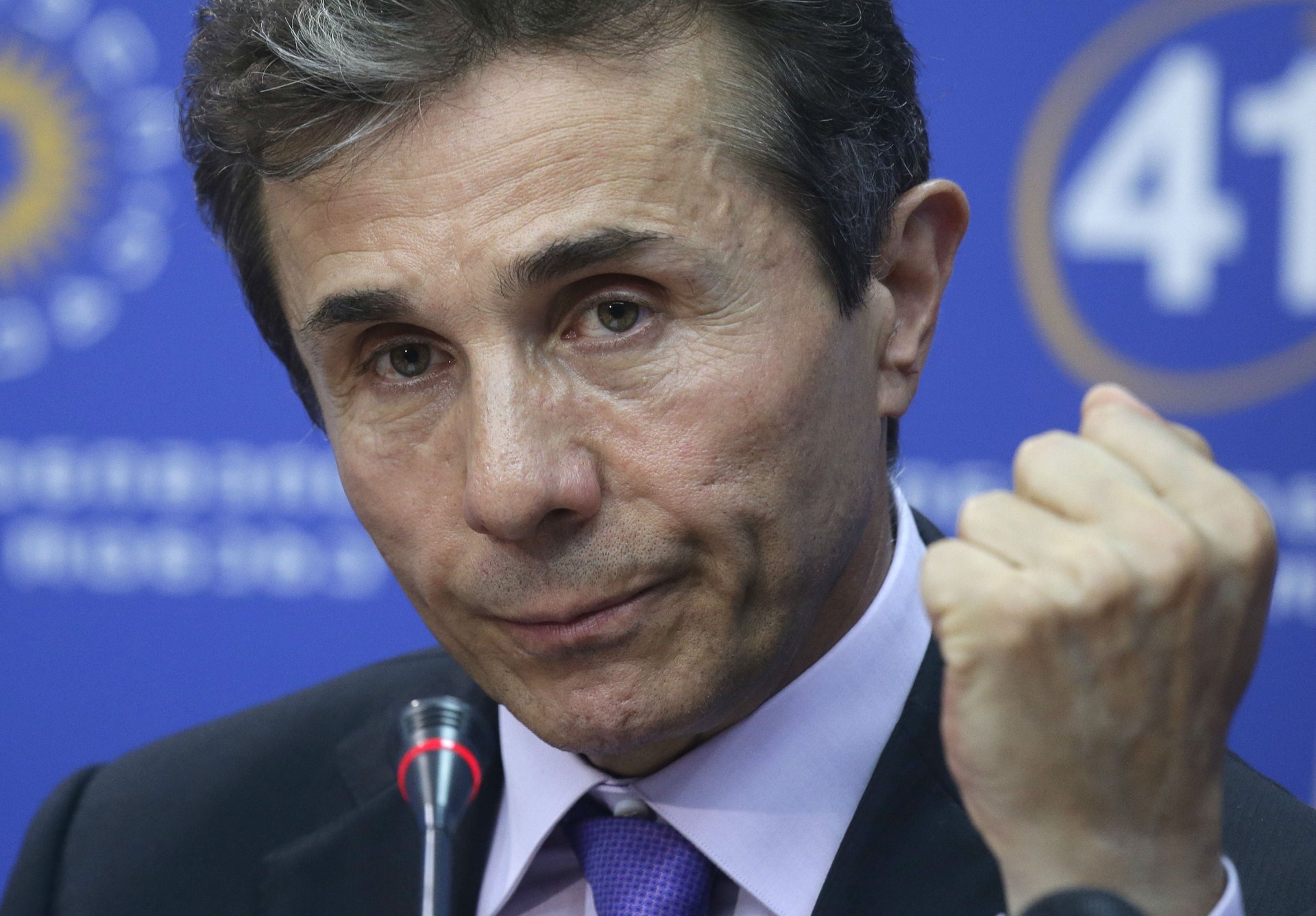Georgia’s election result won’t spread the democracy bug
An eccentric Georgian billionaire has upset the careful script of rigged elections in the former Soviet Union, beating the machine of US-educated President Mikheil Saakashvili. But does Bidzina Ivanishvili’s parliamentary triumph Oct. 1 portend a Georgian contagion, in which neighboring strongmen are threatened by an emboldened citizenry?

An eccentric Georgian billionaire has upset the careful script of rigged elections in the former Soviet Union, beating the machine of US-educated President Mikheil Saakashvili. But does Bidzina Ivanishvili’s parliamentary triumph Oct. 1 portend a Georgian contagion, in which neighboring strongmen are threatened by an emboldened citizenry?
The answer, according to people who closely watch the region, is no. One potential victim of any contagion would be oil-rich neighboring Azerbaijan, where President Ilham Aliyev has routinely imprisoned critics and journalists, and broken up protests. But Gemma Ferst, an analyst with the Eurasia Group, says that the Azeri opposition is “very weak and discredited,” and Aliyev too strong to be seriously challenged. In addition, she said, Aliyev has to a degree spread the country’s oil export wealth. “Because of the oil wealth and rising standards of living the state can afford to pay people off to a certain extent in Baku,” the Azeri capital, Ferst said.
As Aliyev is safe, so is Russian President Vladimir Putin. A wave of protest leading up to the presidential election in March has since been squashed, and new laws are further strangling opposition groups.
However, Georgia’s fraught relations with Moscow might improve. Russia cut off trade relations in 2006, and Putin and Saakashvili openly despise each other. In 2008, following a war between the two countries, Putin told French leader Nicolas Sarkozy that he wanted to hang Saakashvili, and not by the neck either. Ivanishvili, though, has said he wishes to thaw relations with Russia, including resuming trade, and that seems possible with Saakashvili on his way out some time next year, experts say.